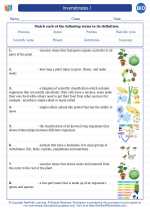Nucleus
The nucleus is a membrane-bound organelle found in eukaryotic cells. It serves as the control center of the cell, containing the cell's genetic material and governing the cell's activities.
Structure
The nucleus is typically spherical or oval in shape and is surrounded by a double membrane called the nuclear envelope. This envelope contains nuclear pores that allow for the movement of materials into and out of the nucleus. The interior of the nucleus contains chromatin, which is a complex of DNA and proteins. During cell division, the chromatin condenses into visible structures called chromosomes.
Function
The nucleus plays a critical role in regulating gene expression and protein synthesis. It is responsible for storing and protecting the cell's genetic material, as well as coordinating the processes of DNA replication, transcription, and RNA processing. The nucleus also houses the nucleolus, where ribosomal RNA (rRNA) is synthesized and ribosomal subunits are assembled.
Key Points to Remember
- The nucleus is the control center of the cell.
- It is surrounded by a double membrane called the nuclear envelope.
- The nucleus contains chromatin, which condenses into chromosomes during cell division.
- It regulates gene expression and protein synthesis.
- The nucleolus is responsible for ribosomal RNA synthesis and ribosome assembly.
Understanding the structure and function of the nucleus is fundamental to comprehending the complexity of eukaryotic cells and the processes that occur within them.
[Nucleus] Related Worksheets and Study Guides:
.◂Biology Worksheets and Study Guides High School. Invertebrates
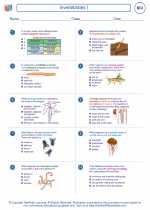
 Worksheet/Answer key
Worksheet/Answer key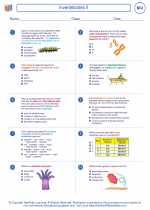
 Worksheet/Answer key
Worksheet/Answer key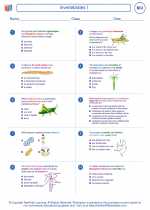
 Worksheet/Answer key
Worksheet/Answer key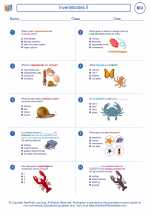
 Worksheet/Answer key
Worksheet/Answer key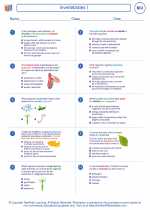
 Worksheet/Answer key
Worksheet/Answer key
 Vocabulary/Answer key
Vocabulary/Answer key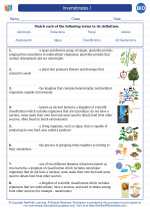
 Vocabulary/Answer key
Vocabulary/Answer key
 Vocabulary/Answer key
Vocabulary/Answer key